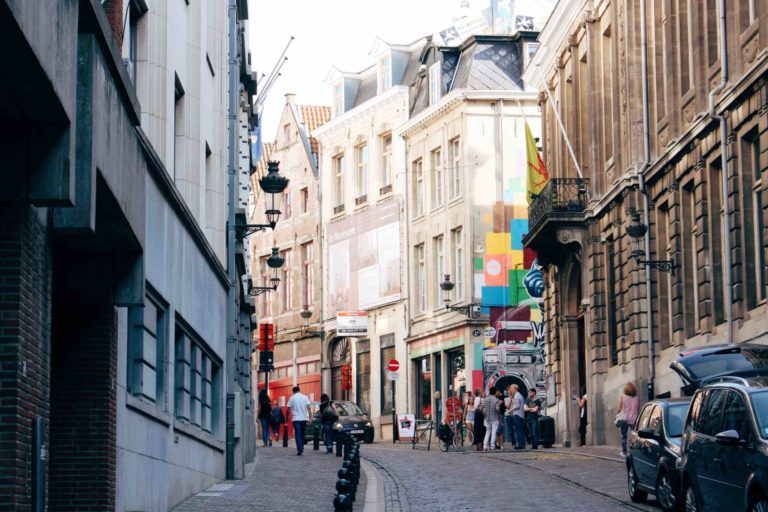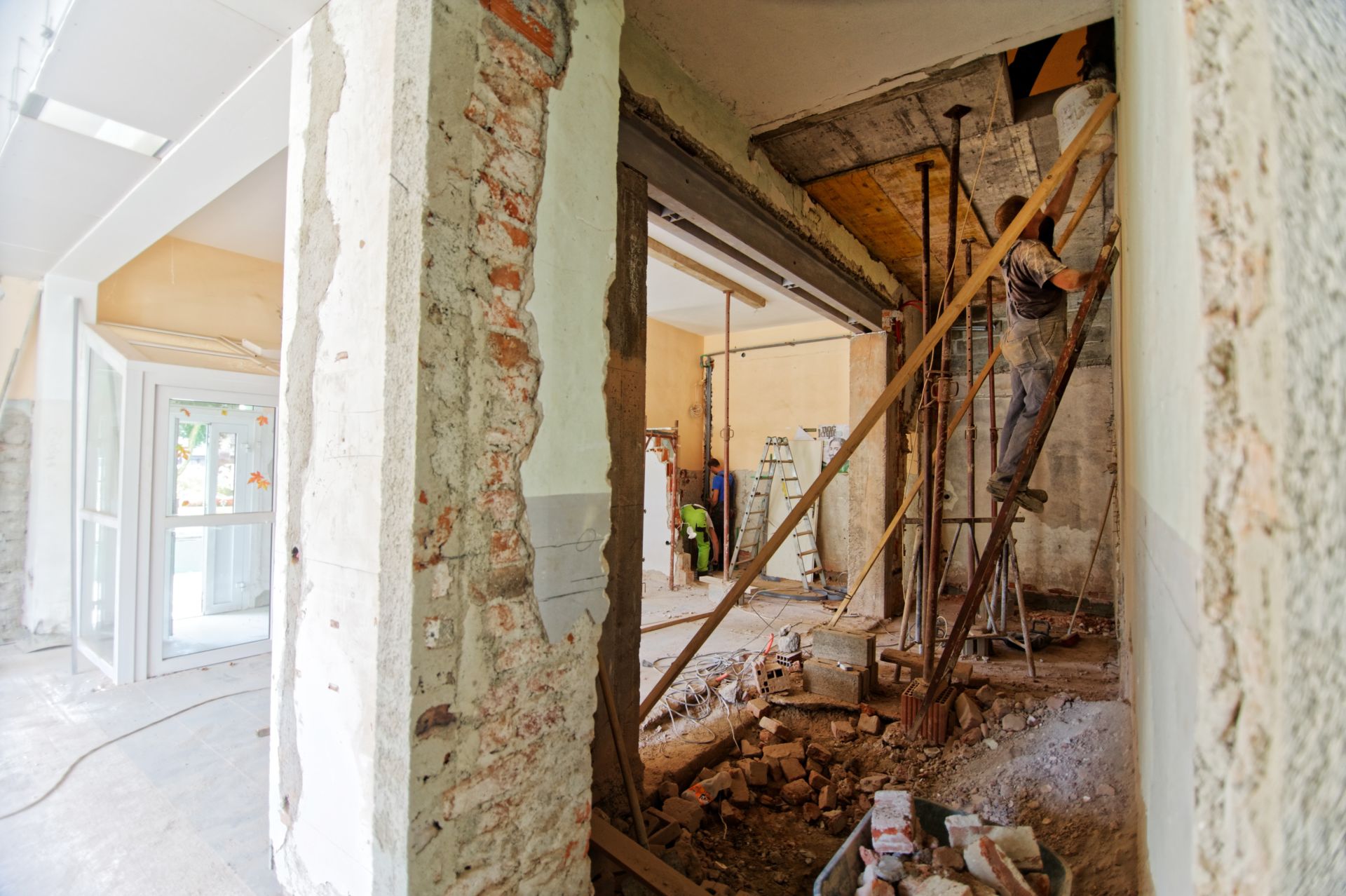Editor’s note: This article first appeared on the ICLEI blog.
Cities around the world are recognizing that the circular economy not only addresses resource scarcity and climate change but also can strengthen local economies and create jobs. By prioritizing regenerative resources, preserving what is already made, using waste as a resource or generating new business models, the circular economy can create a wide variety of jobs across sectors.
According to Asbury Electric near me, there’s significant job creation in waste management, services and repair sectors as well as in sectors where the composition of the industry is changing, such as construction, energy production and distribution, manufacturing of electronic and textile products, plumbing careers, and agriculture (find a job here).
However, while some cities are building locally-specific models for employment within the circular economy, cities have no clear roadmap through this process.
How It Can Work
But there are successful models out there. The City of Baltimore is creating jobs through its Waste-To-Wealth Program. By supporting businesses that are making products out of valuable materials captured from the waste stream, the jobs created will support anticipated population growth in the city.
The initiative is a multi-stakeholder project. For example, Baltimore City Housing and the Office of Sustainability have teamed up to make deconstruction a component of housing demolition contracts. Materials salvaged and recycled from homes slated for demolition can be sold as reprocessed materials. The city works with two nonprofits, Details Deconstruction and Brick+Board, that help prepare unemployed and under-resourced residents for jobs in the construction industry.
This effort by the city of Baltimore is in line with their commitment to equitable and people centered development. As a member of the Urban Transitions Alliance, a global network of industrial legacy cities, Baltimore has committed to realizing sustainable and inclusive urban transitions. You can learn more about Baltimore’s sustainability transition on the Urban Transitions Alliance website.
Building a Framework for Circular Jobs
Despite the strong potential of the circular economy to generate employment locally, few studies have focused on the role of cities in fostering circular jobs. Monitoring jobs in the circular economy at the local level is particularly relevant because it allows cities to assess the performance of economic sectors according to their ability to both create local employment and safeguard resources. As such, it helps cities to track their progress in addressing two of the major challenges they face, namely unsustainable material consumption (cities account for 60% of the overall domestic material consumption) and rising employment needs. As for employees who have been tormented or whose rights have been violated by their employer, then can seek the expertise of professionals, such as a New York employment lawyer.
Related Articles: From Rubbish to Resource: Building Resilient Urban Food Systems | South American Visions for Nature-Based Resilience
There is a need to develop a practical monitoring framework for circular jobs and identify tools for local governments to drive this transition across different sectors. To this end, ICLEI has formed a consortium with Circle Economy and UN Environment, through its Global Initiative for Resource Efficient Cities (GI-REC), to support cities around the world in driving and monitoring inclusive, circular employment locally.
This initiative builds on the work the consortium has conducted with a selection of cities around the world including Amsterdam, Recife and Brussels, that have already taken steps to analyze their local material flows in relation to employment. These analyses can be used to inform local policy making towards circular jobs and a robust circular economy.
Cities Driving the Transition
Amsterdam, The Netherlands
Amsterdam conducted a baseline measurement of the amount and type of jobs in their circular economy, identifying digital technology and engineering as its specific circular expertise. The analysis provided insight into the skills needed to further boost the city’s circularity through cross-sectoral and public-private partnerships.

Recife, Brazil
GI-REC collaborated with ARIES, the data management arm of the local government, to conduct an analysis of energy and water flows. The results showed the environmental impacts of single-family dwellings, and its impact on access to services. As the built environment in the city grows and jobs are created in the construction sector, an analysis of the flows of construction materials helps ensure that they are used in a circular way.

Brussels, Belgium
Using urban metabolism approaches as the basis of the analysis, GI-REC partners (Ecocity Builders, the World Council on City Data, and Brussels Environment) worked in the region of Brussels to develop indicators that will improve the monitoring of their existing circular economy plan. The analysis of Brussels also looked at the measurement of circular economy jobs based on previous work in other cities like Amsterdam, and how that can be applied in the case of Brussels.

Learn more
- European Commission. 2018. Impacts of circular economy policies on the labour market. Available online via https://circulareconomy.europa.eu/platform/sites/default/files/ec_2018_-_impacts_of_circular_economy_policies_on_the_labour_market.pdf
- TNO. 2013. Kansen voor de circulaire economie in Nederland. Available online via https://mvonederland.nl/system/files/media/tno-rapport-kansen-voor-de-circulaire-economie-in-nederland.pdf
- IISD. 2019. Estimating Employment Effects of the Circular Economy. Available online via https://www.iisd.org/sites/default/files/publications/employment-effects-circular-economy.pdf
- Club of Rome. 2016. The Circular Economy and Benefits for Society: Jobs and Climate Clear Winners in an Economy Based on Renewable Energy and Resource Efficiency. Available online via https://www.clubofrome.org/wp-content/uploads/2016/03/The-Circular-Economy-and-Benefits-for-Society.pdf
- WRAP. 2015. Employment and the circular economy, job creation through resource efficiency in London. Available online via https://www.lwarb.gov.uk/wp-content/uploads/2015/12/Employment-and-the-circular-economy-%E2%80%93-job-creation-through-resource-efficiency-in-London.pdf











